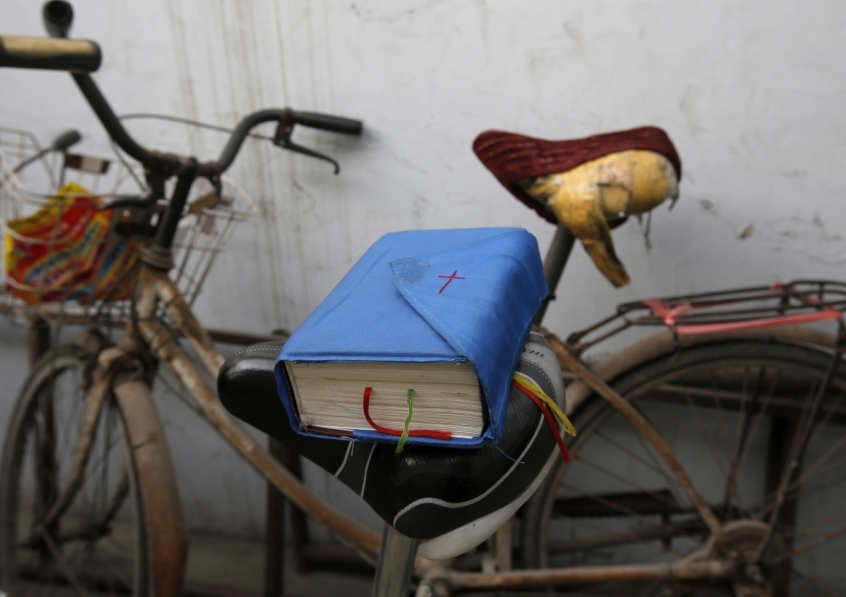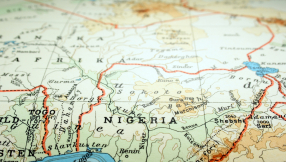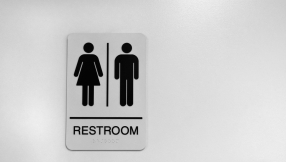A group of influential Catholics, most based in Hong Kong, have warned that if the Vatican presses ahead with an imminent agreement with the Chinese regime it risks plunging the Catholic Church into confusion and losing its moral high ground.
The fifteen lawyers, academics and human rights activists have signed an open letter expressing dismay at an agreement which would involve the Vatican recognising seven bishops appointed by China's Communist party.

The deal is aimed at restoring relations between China and the Vatican, which were cut after the foundation of the Communist state in 1949, resulting in the growth of 'underground' Catholic bishops in China.
However, the group says it could create a schism in the church in the country.
The letter, published on the influential site Asia News and elsewhere, says: 'We are worried that the agreement would not only fail to guarantee the limited freedom desired by the church, but also ... deal a blow to the church's moral power. Please rethink the current agreement, and stop making an irreversible and regrettable mistake.'
The letter to bishops around the world comes less than two weeks after Cardinal Joseph Zen, the former bishop of Hong Kong, accused the Vatican of 'selling out', writing in a blog post: 'Do I think the Vatican is selling out the Catholic church in China? Yes, definitely, if they go in the direction which is obvious from all what they are doing in recent years and months.'
Last month, the Vatican asked two 'underground' bishops to give up their positions in favour of government-appointed counterparts, one of whom was excommunicated by Rome in 2011.
One of the underground bishops in question, Guo Xijin, said at the weekend that he would 'obey Rome's decision' and respect any deal. Guo has been repeatedly detained, including for 20 days last year, and he and the second bishop, Zhuang Jianjian, are under police surveillance..
China has an estimated 10 to 12 million Catholics, with about half worshipping in underground churches, and half in government-managed churches.
The Chinese government has appointed seven bishops, who are hitherto not recognised by Rome, while up to 40 Rome-backed underground bishops operate without Chinese government approval.
The issue of bishops has been a major stumbling block to negotiations to restore ties between the two powers which began more than 18 months ago.
The Chinese president, Xi Jinping, last year told the Communist party congress that religions in China 'must be Chinese in orientation', and that the government must 'provide active guidance to religions so that they can adapt themselves to socialist society'.
Fresh regulations came into force on February 1, specifying the types of religious organisations that can exist and where, and the activities they can organise.
Meanwhile, there has reportedly been a crackdown on budding evangelical Protestant churches, with many being forced to remove crosses and ordered to disband.
According to the open letter, 'the Communist party in China, under the leadership of Xi Jinping, has repeatedly destroyed crosses and churches, and the [state-controlled China Catholic Patriotic Association] maintains its heavy-handed control over the church.
'Religious persecution has never stopped. Xi has also made it clear that the party will strengthen its control over religions.'
It continues: 'We cannot see any possibility that the coming agreement can result in the Chinese government stopping its persecution of the church and ceasing its violations of religious freedom.'













